Por Arlen Solodkin

Hay una metáfora que ilustra a la perfección lo que es la esperanza. Imagínate una escena en la que hay un cuarto totalmente oscuro y entra una persona con una vela encendida. La luz de esa vela es muy sutil pero dentro de esa gran oscuridad, logra cambiar completamente la perspectiva porque ilumina toda la estancia, aunque sea una sola vela.
La esperanza funciona tanto para construir nuestros anhelos como para que podamos sobrepasar momentos de gran dificultad u oscuridad. Piensa por ejemplo en la invención del avión y quiénes por primera vez se les ocurrió la idea de poder volar. Ese sería un anhelo, el de sentir lo que es desplazarse en el aire como un pájaro y provoca un sentimiento de esperanza, el de que yo puedo ser más y puedo cambiar las condiciones que tengo actualmente. ¡Esa visión incluso ha hecho que lleguemos a la luna!
Por otro lado, cuando hay dificultades, la esperanza es lo que nos mantiene andando y nos permite seguir adelante. Si quieres tener éxito en la vida, la esperanza aterrizada es la clave. Este concepto se refiere a la capacidad de tener una visión optimista de la vida, de pensar acerca de las diferentes vías para hacer esa visión realidad y de reconocer que tenemos la capacidad para lograr crear lo que anhelamos.
Cuando aprendes a tener esperanza, te das cuenta de que tienes el poder de dar forma a tu propio futuro. Entiendes que, sin importar lo que pueda pasar en el mundo que te rodea, tienes la capacidad de hacer que las cosas sucedan por ti mismo.
Históricamente, la psicología había abordado el concepto de “desesperanza aprendida”, el cual fue acuñado por los investigadores Martin Seligman y Steve Maier. De acuerdo con los psicólogos, una persona que enfrenta problemas se comporta de forma pasiva ya que ha aprendido que no puede hacer nada por cambiar la situación adversa en la que se encuentra.
No obstante, los mismos investigadores dieron a conocer nuevos hallazgos que invierten esta teoría. Gracias a los avances de la ciencia, los dos científicos pudieron observar que cuando el cerebro está en estado de reposo, las áreas que muestran actividad son aquellas que anticipan el futuro. Esto quiere decir que el ser humano hace predicciones constantes de lo que puede pasar y genera alternativas de las diversas rutas de acción. El cerebro mira hacia adelante para recuperar el control.
Esto significa que nuestra capacidad de detectar y esperar que el futuro esté bajo control nos sacará de una mala racha. Centrarnos en lo que se puede hacer en el presente y en el futuro en lugar de en lo que sucedió en el pasado genera esperanza.
Y lo más importante de todo es que como humanos, podemos aprender a cultivar la esperanza y también se puede enseñar. La decisión de si vemos el vaso medio lleno o medio vacío depende de cada uno de nosotros.
La pregunta es ¿cómo puedo yo tener esa visión positiva y de esperanza sobre mi vida, la de mi comunidad y mi entorno?
De acuerdo con Maier y Seligman son necesarios tres pasos: tomar conciencia, es decir, cuando nos sucede algo negativo, debemos hacer una pausa y no dejarnos llevar por las emociones, evitar que las circunstancias dicten nuestras respuestas para que éstas sean reflexivas y no reactivas. Además, se debe hacer una evaluación de la situación para determinar qué crees que puedes hacer de acuerdo a tus recursos, capacidad y motivación. Finalmente actuar. Con ello pones a prueba tu creencia de que tienes el control y puedes aportar a la situación.
La esperanza tal y como la definimos en psicología positiva es una esperanza “activa” y tiene dos componentes clave. Por un lado, el poder de la fuerza de voluntad y por el otro, el poder de imaginar varias vías de cómo construir una nueva realidad. La forma de construir más esperanza es que cada uno de nosotros imaginemos cuál sería esa realidad deseada para nosotros y nuestra comunidad, después visualizar todos los caminos o vías de lograr esa realidad y en tercer lugar, cuál es la capacidad que tiene cada uno de nosotros para llevar eso a cabo.
De esta forma, ante cualquier meta que nos propongamos, por ejemplo, si quisieras tener pareja, imaginas cuáles serían los lugares donde podrías encontrar a alguien afín con tus gustos y hobbies y actuar en consecuencia.
“Nunca dejes de soñar”. Esta fue una de las grandes citas que nos dejó el Premio Nobel de la Paz, Shimon Peres, y está muy relacionado con el optimismo y la esperanza. Debemos conservar siempre una mentalidad como de niños, donde tus sueños sean lo que te motiven, porque en el momento en el que dejas de soñar, dejas de vivir.
“No estamos empujados por el pasado, sino jalados por el futuro”. Esta es una de las grandes enseñanzas de Martin Seligman, padre de la psicología positiva y principal exponente del encuentro Hope Circuit que tendrá lugar en Ciudad de México los días 23 y 24 de noviembre, en donde los principales líderes y mentes más brillantes en los campos del progreso humano, la psicología positiva y la felicidad sentarán las bases para alcanzar el objetivo marcado por Martin Seligman, padre de la psicología positiva, de lograr que para el 2051, al menos el 51% de la población mundial esté floreciendo
Esa frase de Seligman nos enseña que esa visión del futuro es lo que nos motiva. Pero el futuro no tiene que ser algo que esté a treinta años de distancia, puede ser a corto plazo o incluso dejar un legado en el mundo.
*Arlen Solodkin es fundadora y directora del Instituto de Bienestar Integral y el encuentro Hope Circuit
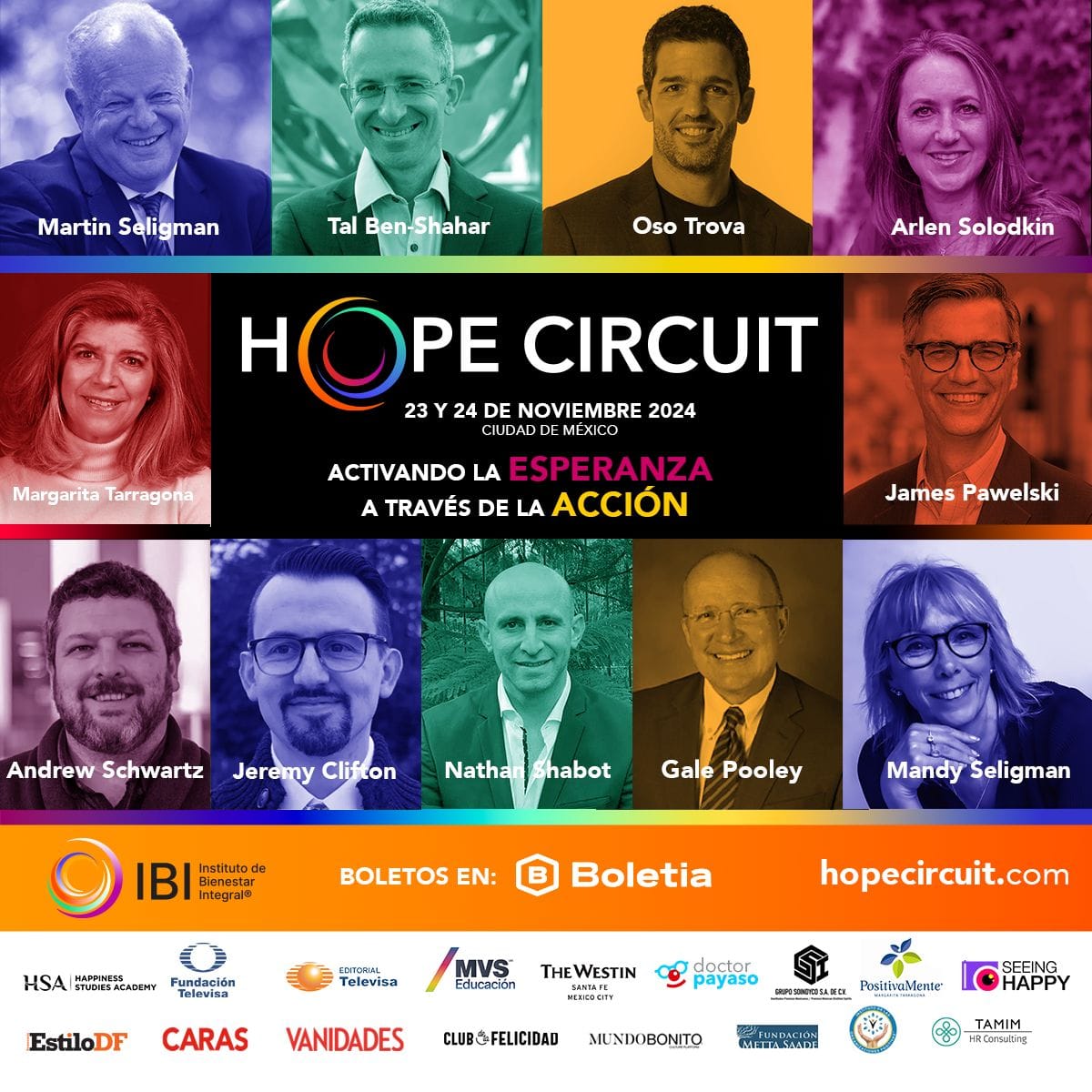
**SOBRE HOPE CIRCUIT
Hope Circuit es el encuentro internacional que reúne a los líderes más reconocidos en los campos del bienestar integral, la felicidad y el progreso humano; que se llevará a cabo el 23 y 24 de noviembre en el Hotel Westin de Santa Fe, como la primera de otras acciones que buscan crear un futuro más positivo para México. En las próximas publicaciones compartiremos herramientas prácticas y los hallazgos de líderes mundiales que estarán en Hope Circuit, como el Dr. Martin Seligman, considerado uno de los psicólogos más influyentes de nuestros tiempos; el Dr. Tal Ben-Shahar, profesor del curso más popular en la Universidad de Harvard o Andrew Schwartz, director del World Wellbeing Project, con el fin de desafiar el status quo y enriquecer a nuestra comunidad para que juntos podamos encontrar soluciones que nos ayuden a construir un futuro de mayor optimismo, empatía y esperanza.
www.hopecircuit.com LinkedIn: @institutodebienestarintegral Facebook: https://www.facebook.com/institutodebienestarintegral YouTube: @institutodebienestarintegral Instagram: https://www.instagram.com/institutodebienestarintegral_
Las opiniones expresadas son responsabilidad de sus autoras y son absolutamente independientes a la postura y línea editorial de Opinión 51.


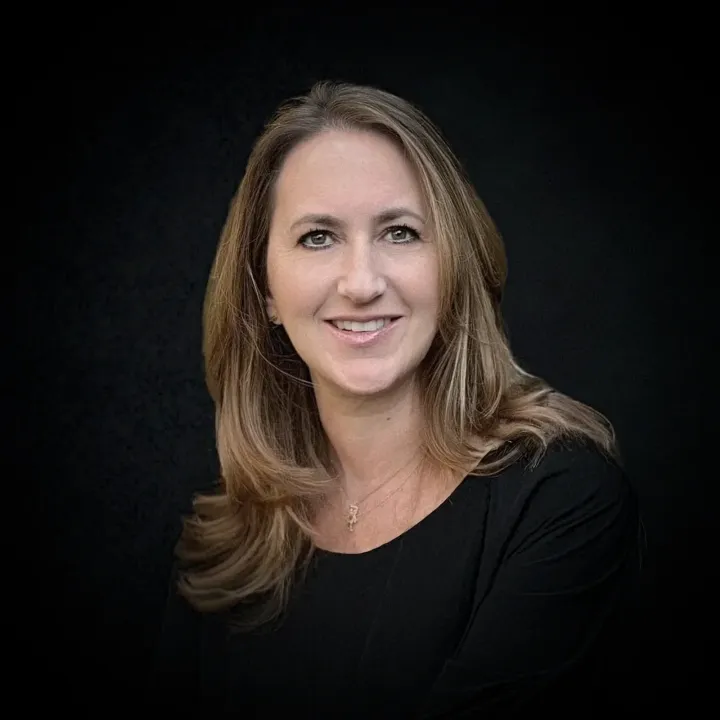
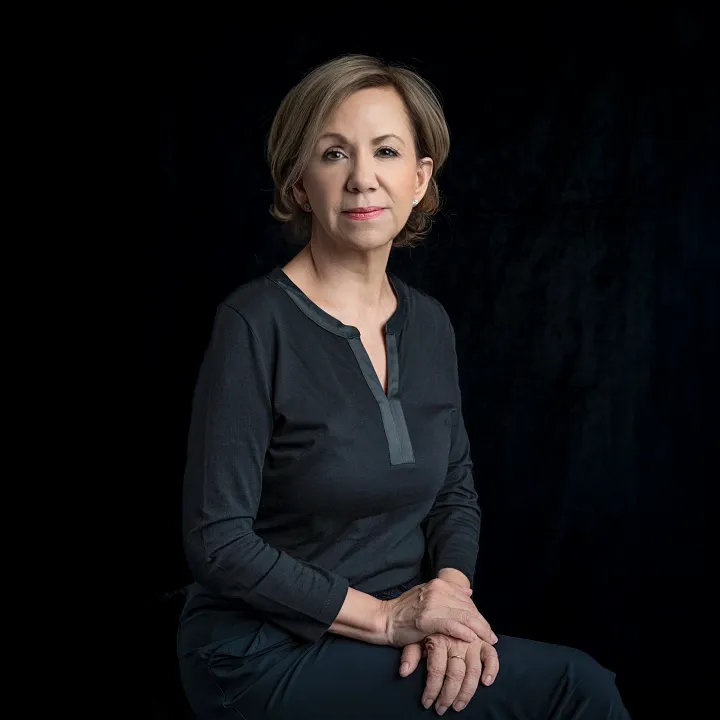
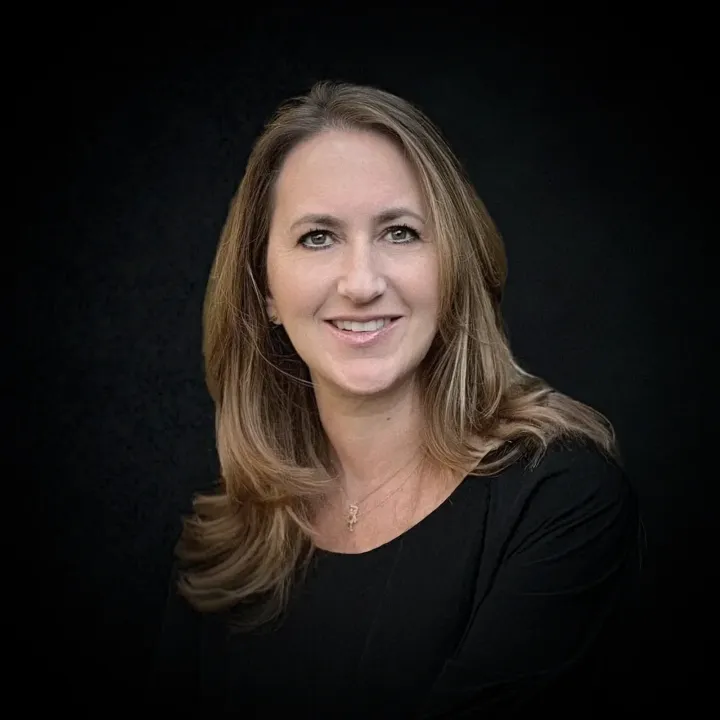
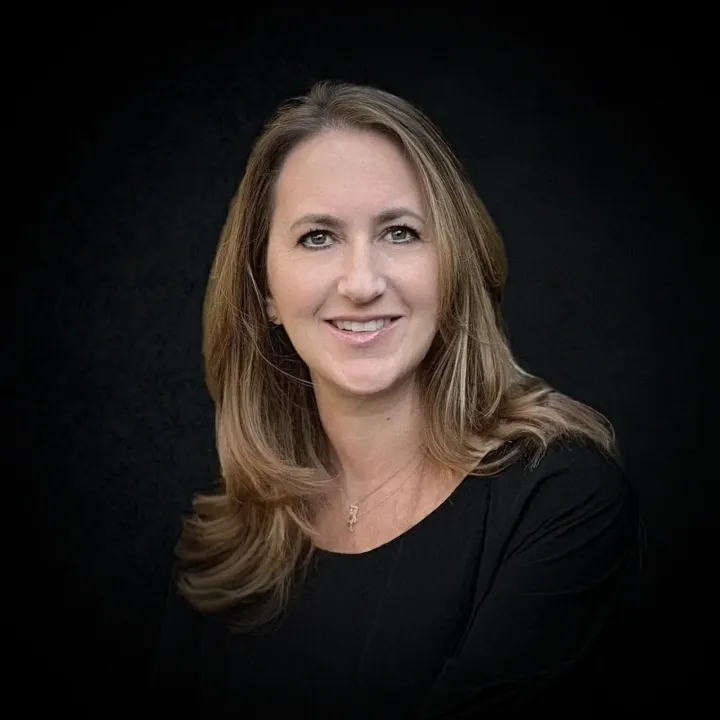
Comments ()